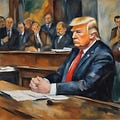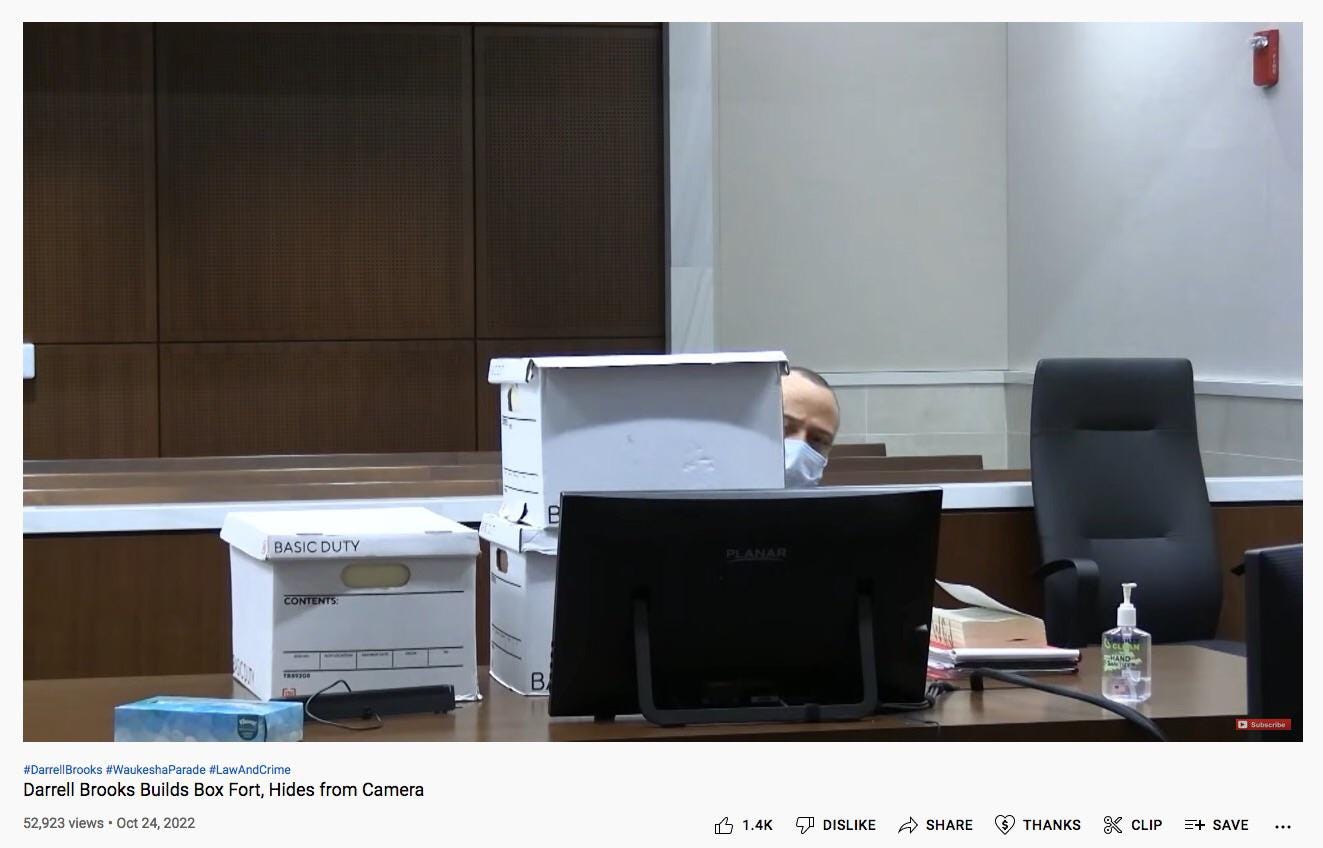Did Trump receive preferential treatment during his testimony on Monday?
In the world of courtroom drama, the recent testimony of former President Donald Trump has sparked a flurry of debate over whether he received preferential treatment during his court appearance on Monday.
During that appearance, as to be expected, his behavior was anything but conventional. Trump took to criticizing the prosecutors and the judge who, by the way, will decide the outcome of the case. Judge Arthur Engoron had to repeatedly tell Trump to cease his courtroom speeches and simply answer the questions asked.
“We got another speech. I would beseech you to control him if you can. If you can't, I will,” Engoron told Trump’s attorneys at one point.
(Read the full court transcript of Trump’s testimony here.)
The fact that Trump said these things and received nothing more than verbal warnings has led to speculation that he received preferential treatment. The sentiment being that, “if he were anybody else they would have been held in contempt!”
Far be it from me to pretend to know more about courtroom procedure and antics than Joyce Vance, whose podcast #SistersInLaw I’m a big fan of, but I do think what happened on Monday warrants context.
Donald Trump is not the first defendant to act out in court.
You might remember the antics of Darrell Brooks, the man who drove through the Christmas Parade in Waukesha, Wisconsin in 2021 killing six people.
Brooks represented himself at trial and whether it was shouting matches with the prosecutors or his attempts to invoke tired old sovereign citizen arguments, he was constantly breaking rules of decorum. At times you wanted to pull out your hair watching his childish behavior.
If you want to put yourself through the misery, have a look:
Judge Jennifer Dorow had to walk a fine line. She had to weigh which arguments were worth indulging out of fairness and which were out-of-line and needed to be admonished.
Several times, Dorow had to remove Brooks from the courtroom and place him in a separate room simply to allow the proceedings to move forward.
There are those who might say, “Well, maybe Trump should have been kicked out of court too?”
Perhaps. At one point the judge did threaten to remove him from the stand. “I will excuse him and draw every negative inference that I can. Do you understand that?” Judge Angoron told Trump’s attorneys.
But there is a difference between winning the battle and winning the war.
I think many of those who say that Trump received preferential treatment from the court are motivated not by fairness, but by the hope of seeing him put in his place. They would love to see Trump scolded by a judge and finally have to keep his trap shut since a courtroom is one of the rare arenas where Trump isn’t in control.
The problem is, teaching Trump a lesson is not what these proceedings are about.
Just as Judge Dorow had a job to do during Brooks’ trial, so does Judge Engoron. He needs to get through these proceedings so he can make his ruling about what penalty to dole out after he previously found Trump and his business were committing fraud.
Petty battles over Trump’s behavior or trying to teach him a lesson by holding him in contempt are distractions from that, and they’re fodder for appeal.
So, while Trump's behavior was unconventional and perhaps he was treated a little more delicately than others might be, getting caught up in that is to lose sight of the bigger picture.
Mark Remillard is an award-winning journalist and news commentator. You can find him on social media here!






